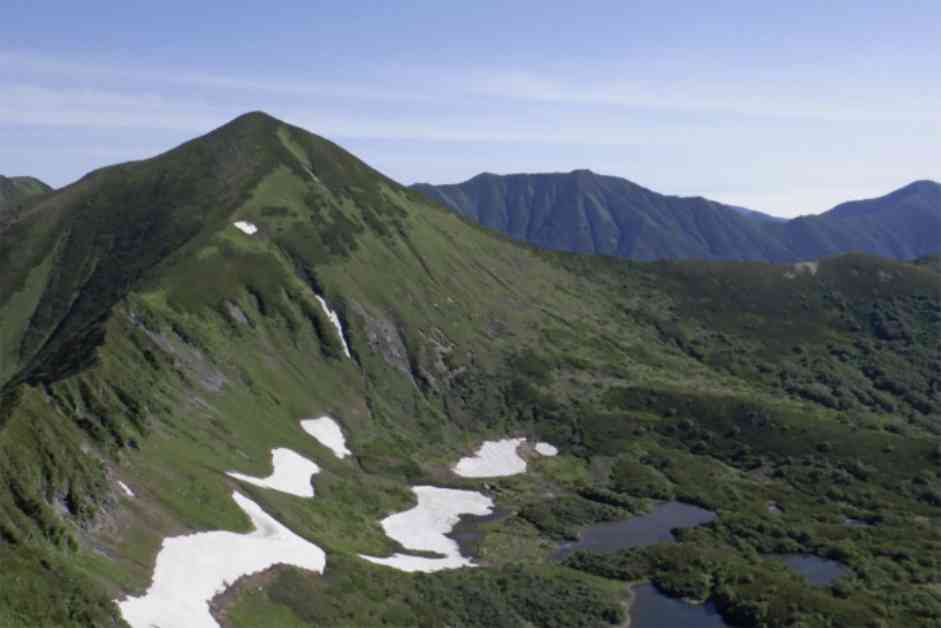A recent government survey revealed that a majority of people, over 85%, are worried about the increase in foreign tourists visiting Japanese national parks and the potential for bad behavior and rule-breaking. The survey, conducted by the Cabinet Office, also found that 45.9% of respondents have high hopes for positive economic outcomes from tourism, while 28.3% believe that more tourists could help with regional revitalization.
The survey, which involved 3,000 people nationwide, highlighted concerns about rising traffic congestion and overtourism in some areas of Japan. One of the key findings was that 71.6% of respondents feel that the central government and local authorities should share the costs of maintaining and improving park facilities, such as mountain trails and toilets. Visitors could also contribute through the payment of usage fees.
Currently, Japan’s 34 national parks do not charge entrance fees or have set opening and closing times. However, with the increase in foreign visitors, there has been a debate about whether fees should be introduced to cover maintenance and facility expenses. According to the Japan National Tourism Organization, 41.0% of survey respondents support a maximum entrance fee of 500 yen (US$3.3), while 35.3% prefer a cap of ¥1,000.
The survey results have prompted discussions about the need for better management of national parks to ensure that they are preserved for future generations to enjoy. It is essential to strike a balance between promoting tourism and protecting the natural environment from the negative impacts of increased visitor numbers.
As Japan continues to attract record numbers of tourists, it is crucial to address concerns about overcrowding, environmental damage, and inappropriate behavior in national parks. By implementing sustainable tourism practices and encouraging responsible visitor behavior, the country can ensure that its natural treasures are protected for years to come.




















